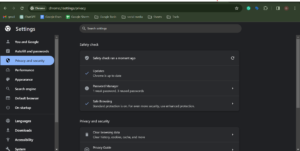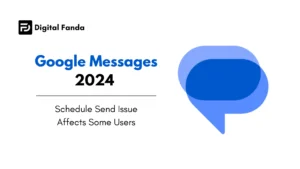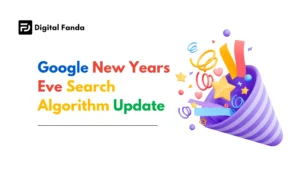
Google has made a notable change to its structured data documentation, shifting to the use of hashtags for @id references. While not a mandatory requirement at this time, it’s being encouraged as a best practice within schema.org for improved clarity and consistency.
Here’s a breakdown of the key points:
- Hashtags for @id References: Google now recommends using hashtags (#) for in-page node identifiers within RDF (Resource Description Framework) instead of the traditional @id approach. This aligns with schema.org best practices for enhancing readability and maintainability.
- Updated Documentation: Google has updated its structured data code examples to reflect this change, ensuring consistency with recommended practices.
- No Immediate Action Required: If you’re currently using @id references, there’s no urgent need to make immediate modifications. Your existing structured data will continue to function as intended.
- Benefits of Hashtags: Hashtags offer several advantages, including:
- Improved Readability: They make code easier to visually parse and understand.
- Enhanced Maintainability: They streamline the process of updating and managing structured data.
- Adherence to Best Practices: They demonstrate a commitment to following current schema.org recommendations.
To illustrate the change, consider this before-and-after example:
Before:

After:

Also Read: How to Create SEO-Friendly URLs for Top-Ranking
- Google Chrome New Update on Desktop for Safety Check
- Google Maps Latest Update For Android Auto and Cars
- Google May Introduce a Paid Version of Bard Advanced, Enabling Users to Create Custom Chatbots
- WhatsApp In 2024: 3 Upcoming Features You Must Know About
- Google Messages 2024 Schedule Send Issue Affects Some Users
- Google New Years Eve Search Algorithm Update
- 1 Comment
- Guidelines
- Structured Data
- Update






Pingback:How to Easily Download Instagram Reels: A Step-by-Step Guide | Digital Fanda